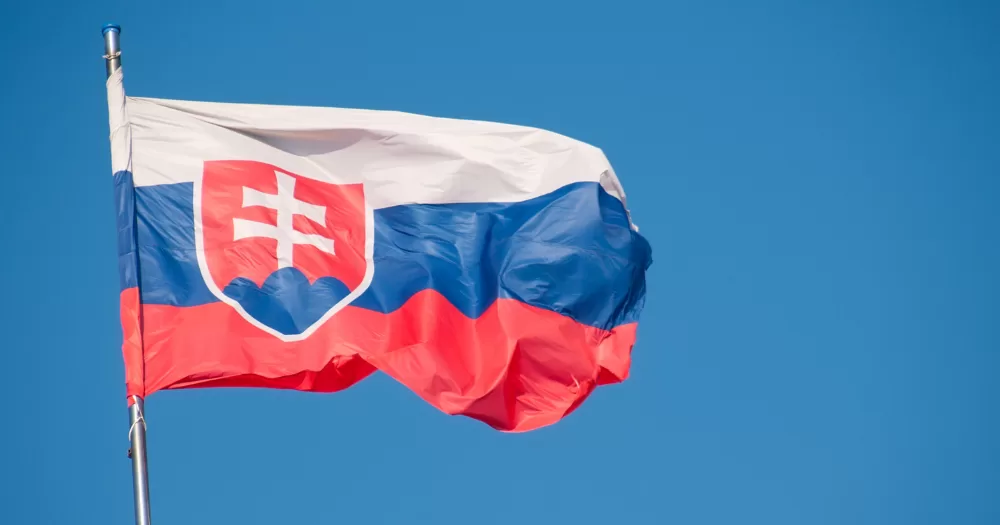Slovakia has introduced a sweeping constitutional amendment that recognises only two sexes, male and female, while also banning adoption by gay couples and prohibiting surrogacy.
The controversial measure, which was pushed through parliament on Friday, September 26, has sparked widespread concern among LGBTQ+ activists, human rights organisations, and legal scholars across Europe.
Prime Minister Robert Fico hailed the move as a “great dam against progressivism”, insisting it was necessary to defend what his government calls “traditional values”. His rhetoric, comparing liberal ideology to “a cancer”, echoes the language of Hungary’s Viktor Orbán and Russia’s Vladimir Putin, both of whom have introduced harsh anti-LGBTQ+ measures in recent years.
The vote required a three-fifths majority in the 150-seat Slovak National Council. Fico’s coalition of populist, leftist and nationalist parties only controls 78 seats, but crucial backing came from 12 opposition MPs, including members of the conservative Christian Democrats and defectors from former prime minister Igor Matovič’s movement. The final tally of 90 votes was just enough to push the amendment over the line.
The amended constitution now restricts adoption to married heterosexual couples, bans surrogacy entirely, and enshrines Slovakia’s “sovereignty in cultural and ethical matters”. Critics say the vague language is designed to give the government a broad scope to curtail LGBTQ+ rights further, while also challenging the primacy of EU law in areas of human rights and equality.
Michael O’Flaherty, the Council of Europe’s Commissioner for Human Rights, had warned parliamentarians not to proceed with the changes, saying they risked denying “the realities of trans and intersex people” and could breach international human rights obligations. Amnesty International condemned the move, accusing the Slovak government of following the authoritarian path of Hungary.
The amendment’s passage came as a surprise even to some in Fico’s own party, with doubts lingering until the last minute. Analysts argue it is also a political manoeuvre, designed to rally conservative voters amid falling approval ratings for the prime minister’s coalition.
For Slovakia’s LGBTQ+ community, the law banning gay adoption and defining sex as binary represents not only a legal setback but also a symbolic rejection of their existence. Activists warn it will embolden discrimination, increase social hostility, and set back efforts for recognition and equality in the central European state.
Did you know we have a team of wonderful runners taking part in this year’s Dublin Marathon and raising funds for GCN? You can support our athletes at this link.
© 2025 GCN (Gay Community News). All rights reserved.
Support GCN
GCN is a free, vital resource for Ireland’s LGBTQ+ community since 1988.
GCN is a trading name of National LGBT Federation CLG, a registered charity - Charity Number: 20034580.
GCN relies on the generous support of the community and allies to sustain the crucial work that we do. Producing GCN is costly, and, in an industry which has been hugely impacted by rising costs, we need your support to help sustain and grow this vital resource.
Supporting GCN for as little as €1.99 per month will help us continue our work as Ireland’s free, independent LGBTQ+ media.
